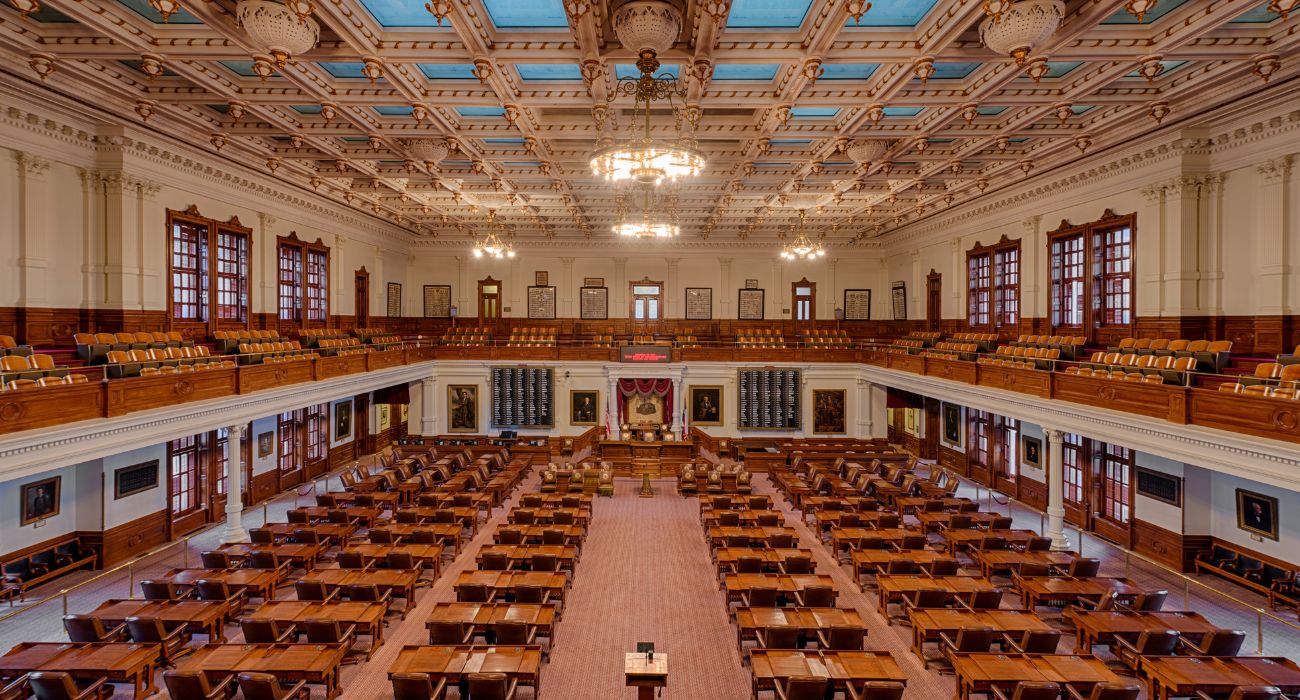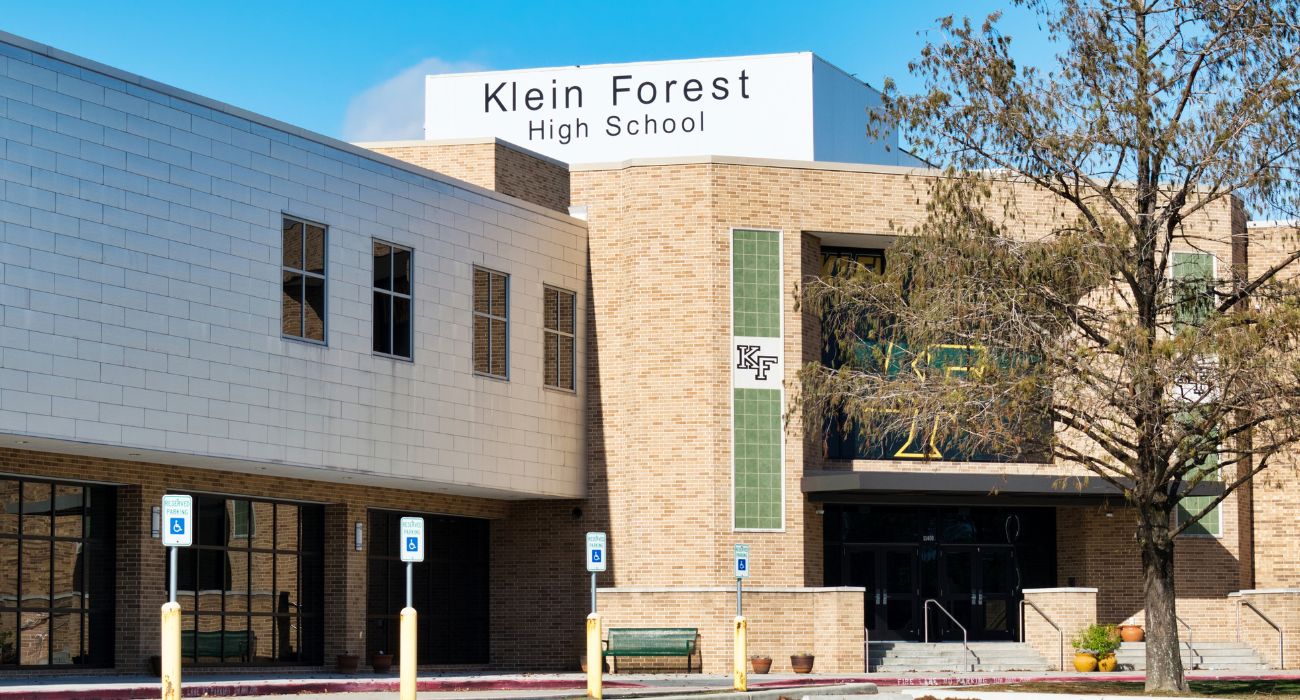Monday, November 14, saw over 900 bills pre-filed by Texas lawmakers in the lead-up to the 88th session.
The initial hundreds of bills are still no more than a fraction of what will be filed by the time the state legislature’s next session begins on January 10.
Here’s a look at some of the notable bills filed:
Healthcare and Abortion
State Rep. Candy Noble’s (R-Lucas) HB 61 would prohibit local governments from using taxpayer dollars to facilitate out-of-state abortions — something places like Austin have done.
A collection of eight Senate Democrats filed SB 123, which would add several medical-related exceptions to the state’s anti-abortion law. It would continue to permit abortion of an unborn child in cases where the mother’s life is potentially at risk, adding provisions for “mental health” and cases of alleged lethal fetal anomalies or other conditions incompatible with life “without extraordinary medical interventions.”
The bill would allow a doctor and patient to make those decisions, not a medical review board.
Texas’ current ban on abortion already makes exceptions for cases in which an abortion would be life-saving for the pregnant woman or prevent “substantial impairment of major bodily function.”
The same group of Democrats also filed SB 122, which would create exceptions in the state’s anti-abortion law for rape and incest. It would not require the pregnant woman to file a police report, provide forensic evidence, or seek to prosecute the crime to obtain an abortion under this exception.
In more healthcare-related bills, Sen. Nathan Johnson (D-Dallas) filed SB 73 to expand postpartum Medicaid coverage from six months to 12 months.
“It makes for healthier mothers and healthier babies, which corresponds to better outcomes in every respect,” Sen. Johnson told The Dallas Express. “Since 2016, the top recommendation of the Texas Maternal Mortality and Morbidity Task Force has been to extend the time that eligible women can receive Medicaid benefits to 12 months after pregnancy.”
Rep. Donna Howard’s (D-Austin) HB 70 would make menstrual supplies like tampons and pads tax-exempt, something Gov. Greg Abbott has expressed support for in the past, as reported by The Dallas Express.
Child Gender Modification
HB 42 by state Rep. Bryan Slaton (R-Royse City) and HB 436 by state Rep. Jared Patterson (R-Frisco) would both clarify the definition of “child abuse” in the state code to explicitly include sex change surgeries or “puberty suppressing prescription drugs.”
Slaton’s bill also places “gender affirmation” counseling under the definition of child abuse.
“For years, Texas has failed our children by allowing them to be subjected to cruel child abuse in the form of sex-change surgeries and therapies,” Slaton said in a statement. “This child gender modification is child abuse, plain and simple. It is finally time that the Texas House, like the Senate, step up and defend innocent children from these bogus medical practices.”
HB 41, filed by Rep. Steve Toth (R-The Woodlands), would introduce a similar ban on these procedures and remove the professional liability insurance policy from healthcare providers who provide these treatments.
Elections
House bills 397, 222, and 53 are identical and would increase the charge for illegal voting to a second-degree felony. They were filed by Rep. Craig Goldman (R-Fort Worth); Rep. Slaton (R-Royse City); and Rep. David Spiller (R-Jacksboro), respectively.
Spiller’s bill would restore the maximum punishment for illegal voting, such as impersonating someone or marking their ballot against their wishes, to 20 years, with a minimum of two years in prison. Under the elections bill that took effect last December, the current maximum punishment for illegal voting is one year.
SB 118, jointly filed by Sens. José Menéndez (D-San Antonio) and Johnson (D-Dallas), would require counties to put polling sites on university and college campuses with at least 5,000 students. The bill will also mandate at least two voting locations on campuses with 10,000 students, plus one extra polling place for every additional 10,000 students.
“Consider that whereas La Grange in Fayette County has four polling locations to serve a population of 4,391, UT Austin has two polling locations to serve almost 52,000 students,” Sen. Johnson explained to The Dallas Express. “Many of them don’t have cars. Do you want to cultivate civic engagement? Make it easy to vote.”
State Rep. James Talarico’s (D-Austin) HB 21 would reform the redistricting process by establishing an independent commission of citizens drawn out of a pool of applicants to draw new maps.
Property Taxes
Gov. Abbott, Lt. Gov. Dan Patrick, and many Republican lawmakers have said they want to use the state’s $27 billion budget surplus to buy down property taxes.
State Rep. Tom Oliverson’s (R-Cypress) HB 174 would eliminate the school district Maintenance & Operations (M&O) tax rate by using $0.90 of every surplus dollar to buy down those rates.
Senate Health and Human Services Committee Chairwoman Lois Kolkhorst (R-Brenham) filed Senate Joint Resolution 18, which would let Texans vote on whether the Legislature should lower the cap on appraisal increases for homeowners from the current maximum of 10% a year to 5% annually.
School Choice
Possible school choice legislation was also among the bills filed Monday.
State Senator-elect Mayes Middleton (R-Galveston) filed SB 176, which lays out a plan for school choice and establishes a tax credit for parents to pay for tuition at accredited schools under the program.
Middleton’s bill explained that “parents should be empowered to direct the education of their child” and that money earmarked for education should follow “the child to the educational option that best meets their unique educational needs.”
A similar bill in the House, HB 619, filed by Rep. Matt Shaheen (R-Plano), would give tax credits to those who contribute to specific educational assistance organizations, such as donating to a private school’s scholarship fund.
Women’s Sports
Rep. Valoree Swanson’s (R-Spring) “Save Women’s Sports Act,” or HB 23, would prohibit biological males from competing in women’s sports at the college level. The Legislature passed a similar law last year for kindergarten through 12th grade sports.
“Passing HB 23 will be my top priority for the 88th Session,” Swanson said. “Our female college athletes deserve to have their safety and opportunities protected by the State of Texas.”
The 88th Texas legislative session will run for 140 days, concluding on May 29, 2023.






